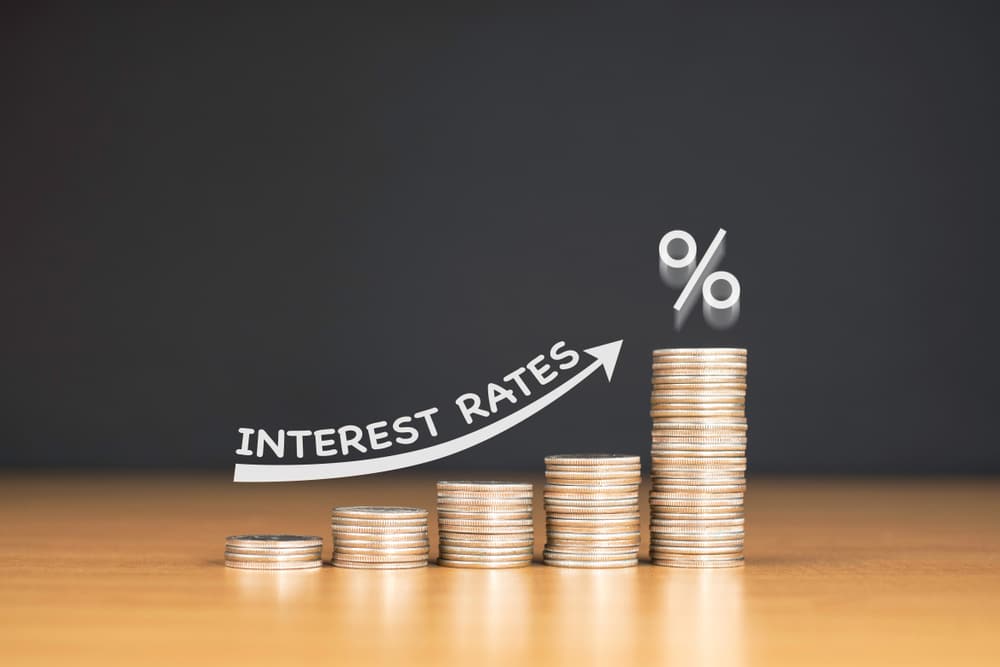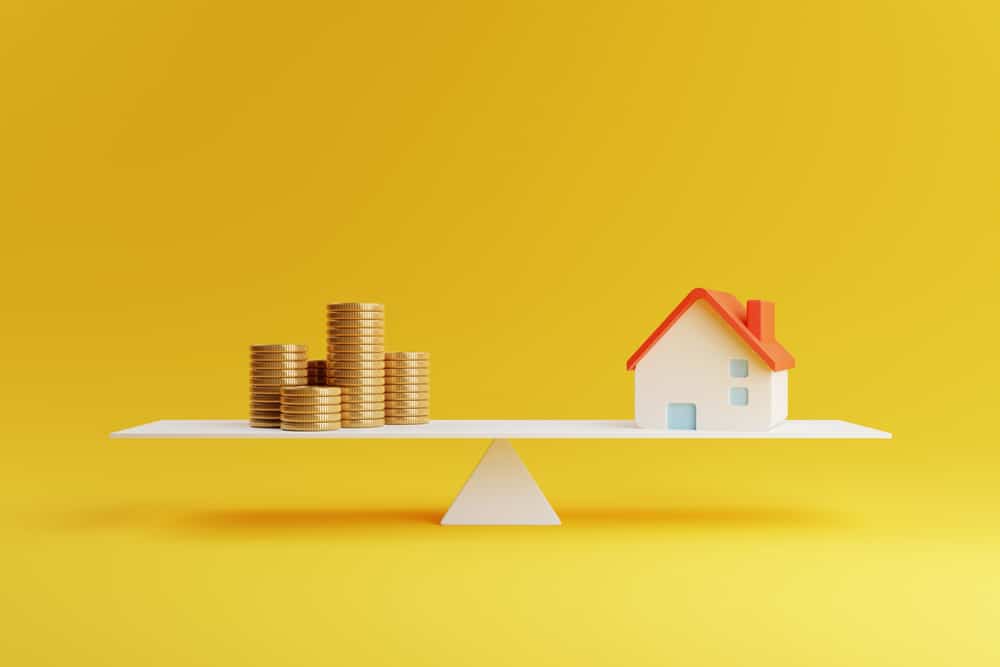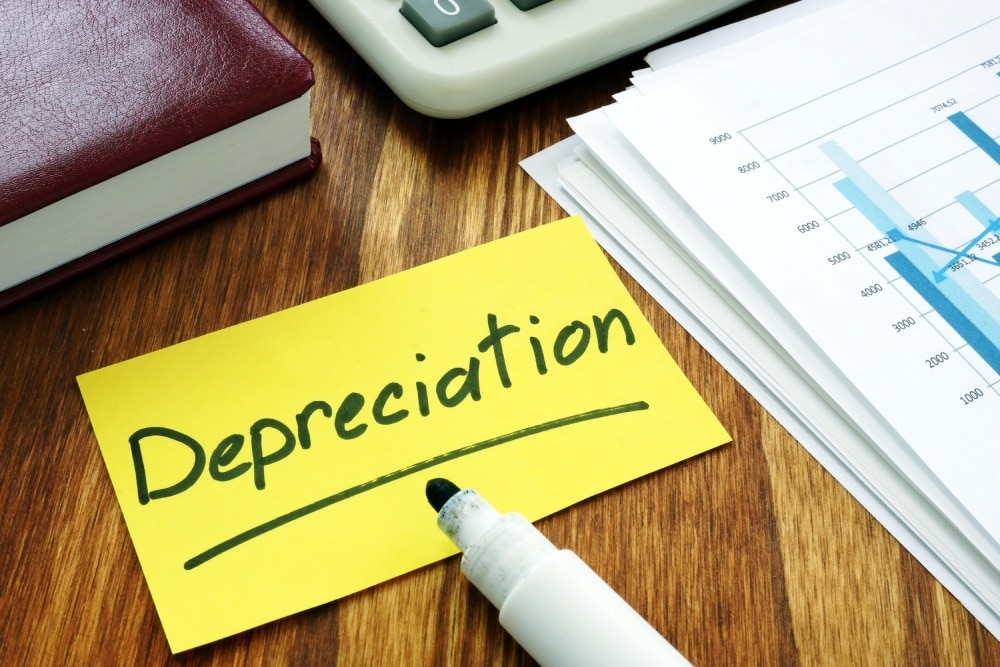
How To Create A Step By Step Property Plan
To succeed as a property investor, there is one fundamental component you need – a plan. You need a plan that leaves no bases uncovered that would potentially cause issues in the future.
I often meet people who have done just about every real estate education seminar that’s been offered in Australia or New Zealand. They will explain that they have continuously researched many groups and philosophies yet when questioned on what action they have taken following the event; the answer is a resounding ‘NOTHING’!
This type of behaviour is called analysis paralysis.
IF YOU DON’T PLAN, YOU PLAN TO FAIL
Acquiring knowledge is one thing but if you can’t implement it, it becomes almost useless.
You see, most people will just create a default future and sadly for many Australians and Kiwis, the result is that they end up on the pension. The statistics are, from every 100 people born, 75 will end up in retirement using the pension system to survive.
Alarming!
If you don’t like how things are, change them with the understanding that improving yourself is not a one-time thing, but rather a constant challenge!
I will not let a week go by without some sort of self-improvement. I usually allocate a whole day to work on my goals, ideas and dreams.
It doesn’t matter what our structure looks like or how we go about shaping it, but it’s important we have clear direction around what it is that we’re trying to achieve. Otherwise, we just stay stagnant. We just sort of plod along.
PLAN OR PLOD?
Of course, that’s ok if you are choosing to plod! Some people make a life out of plodding.
The other day, I drove past a surfer’s car that bore the slogan, “If you work, you obviously don’t surf”. What a great habit for those choosing to plod along!
But many of us don’t want to plod, we want to make a difference.
Unfortunately, a lot of people don’t realise that it isn’t difficult to change and start making a difference.
THE FUTURE IS WHAT YOU MAKE IT
You can choose to live any way you wish. In fact, you can make the next decade dramatically different from the previous one, but only if you choose to. You have to accept change and be open to it – even greet it with wide-open arms, because it is what will help you move forward.
We set out in our lives on a particular course, based on what we know. Yet, we cannot rely on loopholes and tight squeezes to get by in life, it is far better to rely on goal setting and good habits.
The truth is, you can map out your future. That may be, for example, retiring on $100,000 passive income per year.
If that’s what you need, you just have to set a goal and create a plan. Sitting on the fence just means you are delaying facing up to the reality that one day you need income to live off beyond your job.
In order to set goals for the future you need to develop habits.
Good habits allow you to break down an unsuccessful routine and reroute yourself to what you should be focusing on. The habits that I continually seek to improve are:
- Investing
- Spending habits
- Education
- Self-motivation
- Health and travel
- Relationships
A BASIC ROAD MAP
Don’t have a plan? Well, you can use my basic road map!
First up, let’s set a goal in real estate, that I call an “automatic acquisition plan”.
When I first started in real estate, my acquisition plan focused on acquiring one property every second year, with the aim of having five properties in 10 years.
It’s like going to the dentist – you create a reminder in your calendar to call your dentist for a check-up, but this time you do it for property. This will allow you to be consistent and consistency allows us to ensure our goals become a reality.
So, what happens when you buy one property every second year for the next 10 years? You end up with a multi-million dollar portfolio. That doesn’t sound too bad, does it?
Let’s say that portfolio is worth two million. Well, then it’s just holding on for the ride.
GET A CUSTOMISED STEP BY STEP FRAMEWORK
Generally, in Australia and New Zealand property grows faster than inflation and, in the past, property has doubled in value from seven to 18 years. Meaning you can become a property millionaire very quickly.
It sounds easy, and to be honest with the right plan it is! Understand the tried and true strategies successful property investors use to grow immense wealth.
Develop a step by step property plan that will lead to passive income at our free property investors’ seminar.
Here you’ll learn how to take advantage of the current market landscape, as well as the chance to have one of our property experts assess your exact situation and establish an actionable road map that’s right for you.
Register now for the free property investor webinar
By Sam Saggers
Recent Articles
How To Prepare for a Rise in Interest Rates
Smart property investors know that it’s dangerous to get too comfortable. Real estate is an ever-changing thing. Markets go up, down and plateau – and so do interest rates. The question is, how prepared are you for a Rise in Interest Rates? The key is being ready to use these strategies.
3 Ways a Property Investor Will LOSE Money!
There are many ways you can win big by investing in real estate. Equally, if you lose sight of the basics, you’ll end up losing something much worse – money! No one sets out on their property journey to go backwards financially, so take note of these three common mistakes that investors often make, because if you don’t, it may cost you in the long run. Here are 3 ways an investor can lose money…
An Investor’s Guide to Multi-Income Properties
When it comes to building a booming property portfolio, diversity is key! There are four primary multi-income types that Australian investors can buy at the moment.
Property Cash Flow Basics For Creating Passive Income
Buying real estate is similar to running a business – good performance is derived from your ability to generate cash flow. For a property investor, this means eventually living off the passive income that your real estate generates. Therefore, it is especially important that you map out your ability to build a portfolio that will deliberately achieve this level of success from the get-go.
How Property Investors Can Reduce Tax Down To Zero!
Those who own real estate are subject to many, different kinds of tax. Some tax is unavoidable. Other kinds of tax are legally, 100% avoidable – or at least able to be reduced substantially. With the Victorian government recently announcing a rise in the land tax threshold it’s even more important that property investors know where they can and should minimise the tax they pay.
A Property Investor’s Guide To Depreciation
Every smart property investor knows that to create and maintain a portfolio, we need to have good cash flow. One of the ways we can support this is by using depreciation and tax. But, just like equity, depreciation only works for us if we know how to access and then leverage it.
A Property Investors Guide To Guaranteed Rental Increases
Rent is your weekly or monthly incomes from your property. And it’s an income you don’t work for. It’s the absolute key to good cash flow and passive income, so it’s essential you are able to keep raising your rents at regular intervals. But, what makes it possible for property investors to do this?
The Only Time You Should Sell An Investment Property
The golden rule of property investing is to buy well and NEVER SELL. However, there are always exceptions to the rule… Firstly, let’s look at why you would keep an investment property? If you buy a great piece of real estate, in the right location, it will always create a passive income for you, so there will be no reason to sell it.
House vs Apartment – Which Is Better for Capital Growth?
Many property investors favour one type of property – either apartments or houses. While there are pros and cons to both, which we will discuss here, one of the often forgotten advantages of houses is the investment you’re making not only in the bricks, but also in the land. Land value in itself increases over time, and investment in a piece of land also provides opportunity to renovate, subdivide and develop, all of which lead to greater capital growth.












